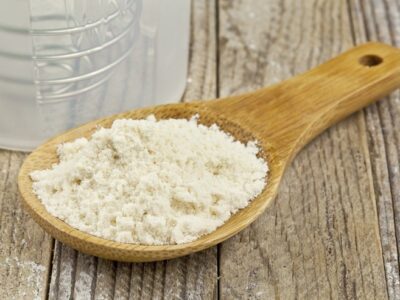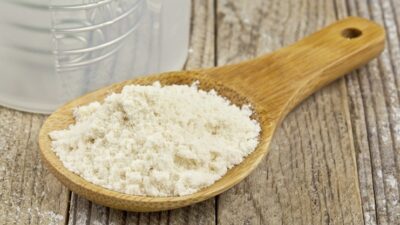
The first question that pops up in our minds before we go for dentures is if they affect our taste buds. Well, the truth is, dentures do affect the taste, but only to a certain extent. So, for all the foodies out there, don’t fret just yet. There are possible remedies to this problem as well. Before understanding how dentures can affect taste buds, let us understand how our taste buds function and what happens to them as we age.
What is taste, and what happens as we age?
Taste is one of the five primary senses in our body. Sweetness, saltiness, savouriness, bitterness, and sourness are some of the most common tastes we experience on a regular basis. Here is how we experience taste.
Our tongues consist of around ten thousand taste buds which are designed to act as taste receptors. When we eat food, our saliva dissolves certain chemicals from it which enter the taste buds. The taste buds then send signals to our brains to create the sensation of taste.
With age, our ability to experience taste and smell naturally becomes weaker. So, it is safe to say that the natural aging process is why most elderly denture wearers experience a loss of taste. However, wearing dentures itself can contribute to some loss in taste.
Relationship between Dentures and Taste
Well, the good news is that most dentures, except full upper dentures, will have little to no effect on your ability to taste your favourite foods. Here is how dentures can affect taste.
When do dentures affect taste?
Dentures can affect the taste in the following three situations:
Ill-fitted dentures: When dentures are not fitted properly, denture creams and adhesives are required to prevent the dentures from slipping. Overuse of these creams and adhesives is known to leave a lingering metallic taste in the mouth and cause a subsequent loss in taste sensations.
Full Upper Dentures: Some loss of taste is common in the case of full upper dentures. Full upper dentures have a base palate that may cover the taste buds at the roof of our mouth, diminishing the sensation of taste. However, over time, our brains get used to wearing dentures and the ability to taste becomes normal.
Food Build-up: It is common for dentures to develop food build-ups and stains with daily use. Such stains and food buildup can cause loss of taste sensations.
Remedies for taste loss due to wearing dentures
Here are some simple ways in which you can minimize taste loss due to wearing dentures:
Clean your Dentures Regularly: Keeping your dentures clean is one of the easiest ways of reducing loss in taste sensation. Avoid stains and food buildup in your dentures as they can alter taste sensations.
Wear well-fitted dentures: It is important to ensure that your dentures fit well because overuse of adhesives can lead to a loss in taste. If you are overly reliant on adhesives to keep your dentures in place, consider a dental realignment.
Go for dental implants: If none of the above two remedies works for full upper dentures, consider going for dental implants. The taste buds on your upper palate are not covered and your sense of taste is significantly improved. This is something you can discuss with your local Gold Coast Denture Clinic Professionals.
In Conclusion
Taste is one of the five primary senses of the body and so, losing the sensation of taste cannot be casually overlooked. Taste has important functions like preventing a loss of appetite, preparing our digestive system for food, and nourishing our soul. If you experience significant discomfort or loss of taste because of your dentures, consider visiting your dental prosthetist as soon as possible.











